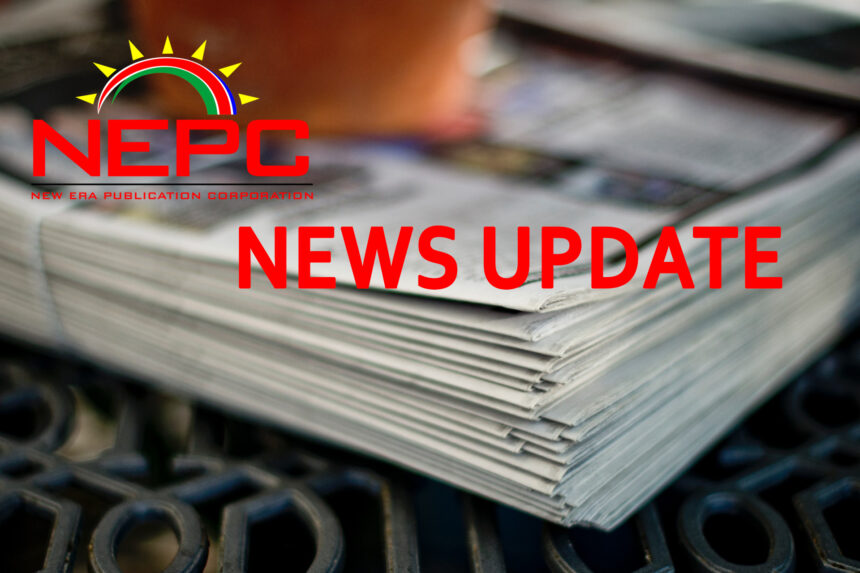Alvenus F. Dreyer
Very recently during the period of 7-9 May, President Nangolo Mbumba attended the African Soil Health and Fertiliser Summit in Kenya.
The President was amongst several other African heads of state invited. The importance of the gathering must be overemphasised.
Most African countries and in particular Namibia still have a long way to go in becoming a food self-sufficient country. Whatever message and/or information the president brought back home from the gathering most definitely is indispensable. One important thing that came out of the gathering was the signing of the Nairobi declaration, which is a document that talks about what Africa must do to ensure enough fertiliser for the continent’s food security.
Indispensable
There are three core areas, according to my understanding, that any government must prioritise in order to ensure the continuous betterment of the daily social and economic status of all its citizens. These three core areas are education, health and food security. They are like the fuel, clutch and brake pedals of a motor vehicle. If one malfunctions or is not functioning at all, the destination will not be reached. One of Namibia’s destinations, come the year 2030 and beyond, is to be a food-self-sufficient country. Food self-sufficiency simply means the ability of a region or country to produce enough food (esp. staple crops) without needing to buy or import additional food. For our country to effectively counter this challenge of food insufficiency, a lot of hard and smart work must be done. With our country’s stable political and investor/business environment (both local and international), it is impossible to have cases like the one in the Omaheke region where 45 children died in July 2023 because of malnutrition. Hunger and malnutrition are a reality in our country, which is the land of “milk and honey” for only a handful of the chosen ones.
Way forward
The already-existing programmes and projects by both
the government and the private sector must be upscaled. Local authorities in all 14 regions, together with line ministries, must identify more land for crop and fodder production. Considering this initiative, the Performance Agreement System (PAS) must be upheld and vigorously monitored and evaluated as part of continuing to maintain the legacy of the late president Hage Geingob, the person who planted seed of green hydrogen.
One-stop
With the envisaged realisation of various green hydrogen projects in Namibia, the issue of food insufficiency can be addressed more profoundly. What is needed is for the correct sciences, technology, research and innovation to be applied. For this to happen, revamp buildings which are simply serving as “white elephants” all over the country into vocational and agricultural training centres. This in turn will also lead to both short and long-term creation of employment. The abundant ammonia from the production of green hydrogen that can be turned into fertiliser can be used as a one-stop shop for all 14 regions where land for crop and fodder production is identified. Namibia’s food security is destined to happen very soon rather than later.
*Alvenus F. Dreyer is a social and economic justice activist born and brewed in Namibia.


